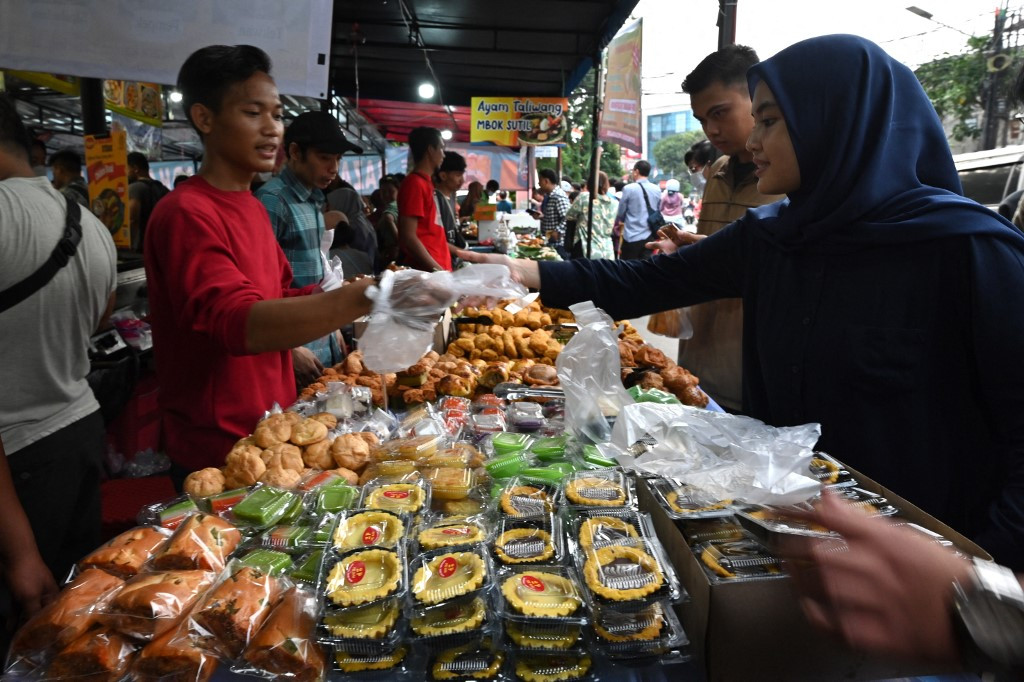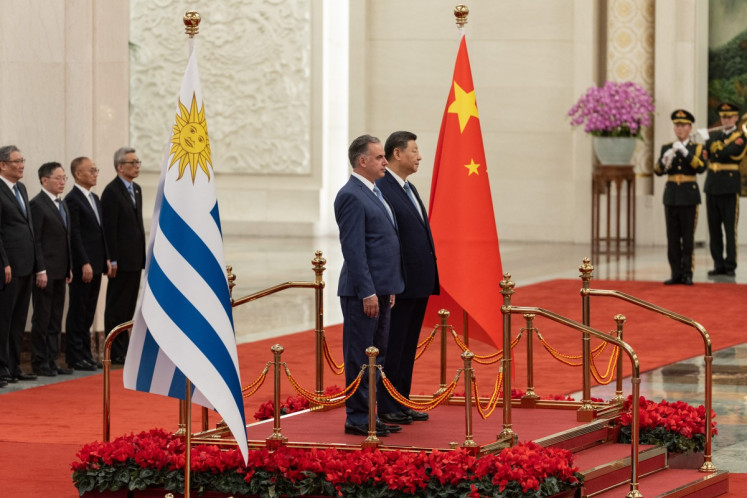Popular Reads
Top Results
Can't find what you're looking for?
View all search resultsPopular Reads
Top Results
Can't find what you're looking for?
View all search resultsUnderstanding economic challenges in the first quarter of 2025
Various indicators suggest that the economy remains in a difficult state.
Change text size
Gift Premium Articles
to Anyone
T
he first quarter of 2025 not only brings new hopes for Indonesia's economic growth, but also presents complex challenges. As the holy month of Ramadan continues and Idul Fitri approaches, society faces weakening purchasing power. Various indicators suggest that the economy remains in a difficult state.
Rising inflation, fluctuating exchange rates and high-interest rates are putting pressure on people’s purchasing power. Traditionally marked by increased consumption, this period now highlights economic uncertainty and a shrinking middle class.
Indonesia’s economic growth projections for the first quarter show worrying signals, despite the momentum from Ramadan and Idul Fitri. Data from BPS recorded a significant decline in the middle class, from 57.33 million people in 2019 to 47.85 million in 2024. This drop, equivalent to 9.48 million people moving downward, could slow household consumption, directly affecting economic growth.
The government, through its ministers and deputy ministers, is formulating policies to address these challenges. Coordination meetings indicate efforts to provide fiscal incentives to boost purchasing power and revitalize affected sectors, especially ahead of religious holidays.
However, the conservative wage increase remains a major concern. The labor-intensive sector still faces high levels of worker layoffs, significantly impacting people’s incomes.
Additionally, the phenomenon of "spending savings" among lower and middle income groups continues, indicating increasing financial pressure, exacerbated by inflation and economic uncertainty. The agricultural sector, which employs the largest workforce, also faces significant challenges, as commodity prices become increasingly unfavorable for farmers.
The government has responded to the declining purchasing power with several planned policies. Stakeholders, including the Manpower Ministry, are discussing possible wage increases, though existing wage policies are seen as too conservative. These discussions are expected to positively impact purchasing power, especially for middle and lower income groups.



















